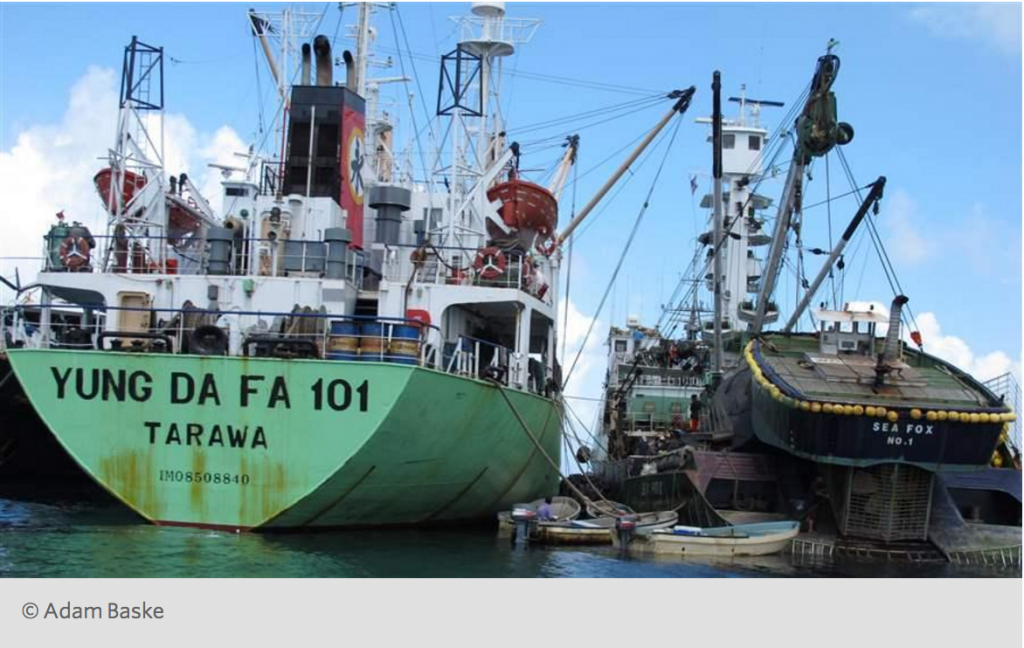Source: The Pew Charitable Trusts
Author: Tony Long
What is an IMO number?
The International Maritime Organization (IMO) introduced its Ship Identification Number Scheme in 1987 to help prevent maritime fraud and enhance the security of merchant vessels. It is recognized by regional fisheries organizations and most governments and is considered the best available global identification system for ships. IHS Maritime & Trade, a company based in the U.K., administers the scheme on behalf of the IMO. The unique seven-digit vessel number the company issues to each vessel, preceded by the letters IMO, stays with it until it is scrapped and never changes, regardless of the ship’s owner, country of registration or name. The records based on the IMO number provide an independent audit trail for each vessel. The scheme was applied to fishing vessels in 2013, and the eligibility criteria were amended in 2016 to cover smaller and non-steel hull vessels.
Why do fishing vessels need an IMO number?
Illegal, unreported, and unregulated fishing worldwide accounts for up to 26 million metric tons of fish annually, worth up to $23.5 billion. IMO numbers are an essential tool in the fight against illegal fishing because they help to improve monitoring, control, surveillance and enforcement of fishing operations. They:
- Allow flag States to accurately manage vessels under their authority.
- Give national authorities information to help them police their waters more effectively.
- Bring clarity and consistency to Regional Fisheries Management Organization (RFMO) records, helping governments determine whether vessels are authorized to fish in their waters.
- Help port authorities ensure that they are accepting only legally caught fish, a requirement of the United Nations Food and Agriculture Organization’s Port State Measures Agreement.
- Give retailers and seafood buyers a way to identify the vessels catching and landing their fish.
Since fishing vessels became eligible to apply for IMO numbers in 2013, many major RFMOs and other fisheries bodies, the European Union and some coastal and flag States have mandated that vessels above a certain size or tonnage must carry one. It is therefore becoming increasingly important to obtain one if vessels want to fish in these areas. As more organizations and States require the IMO number, the areas at sea in which vessels can legally fish without one will shrink.
Having an IMO number could also make exports more attractive, and an increasing number of retailers have made an IMO number a requirement for vessels they purchase fish from.

